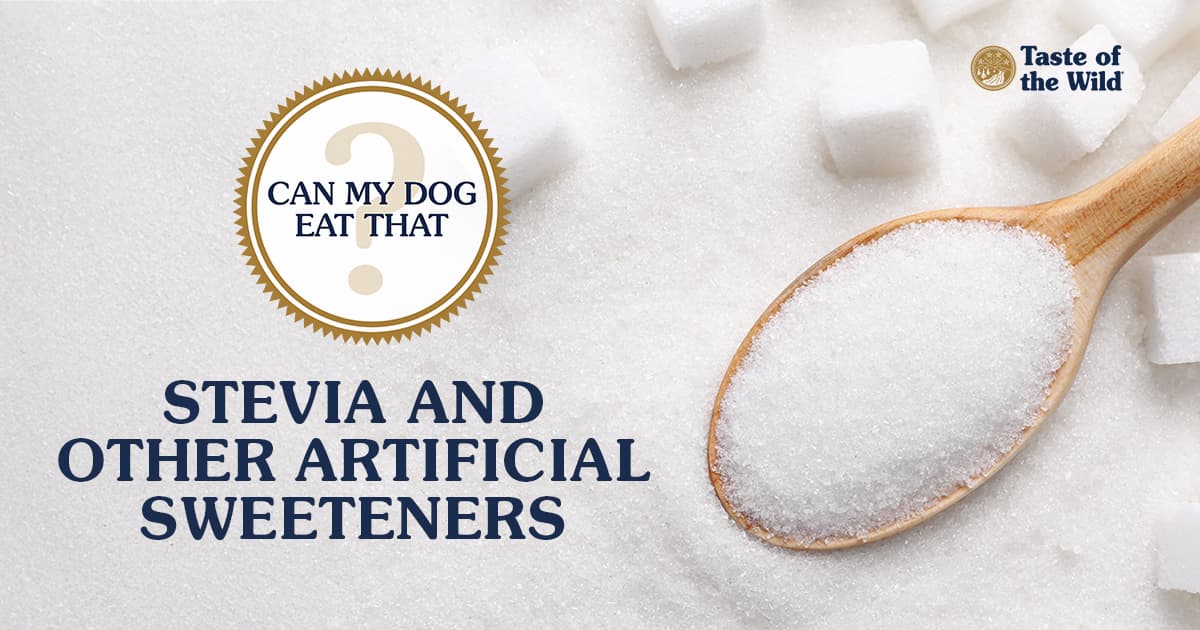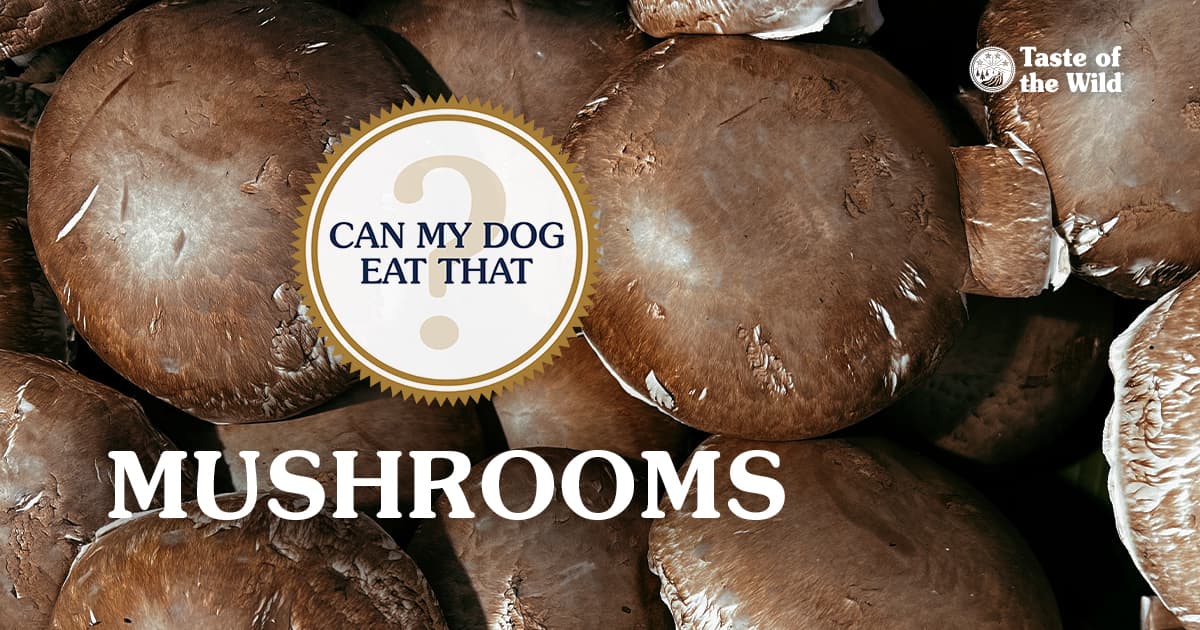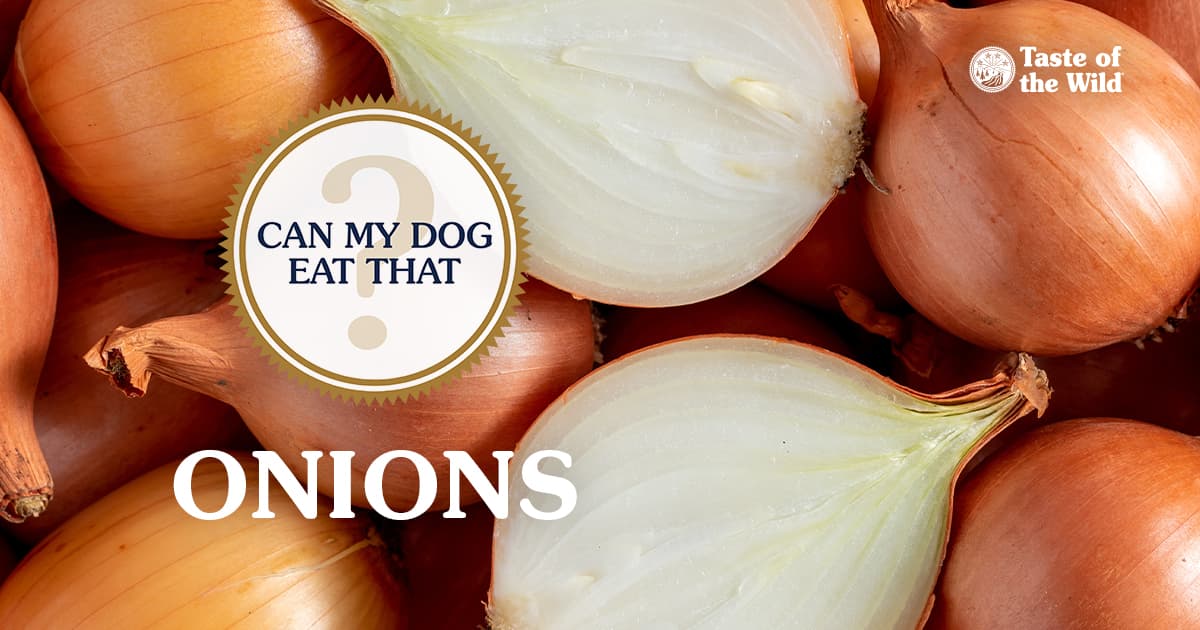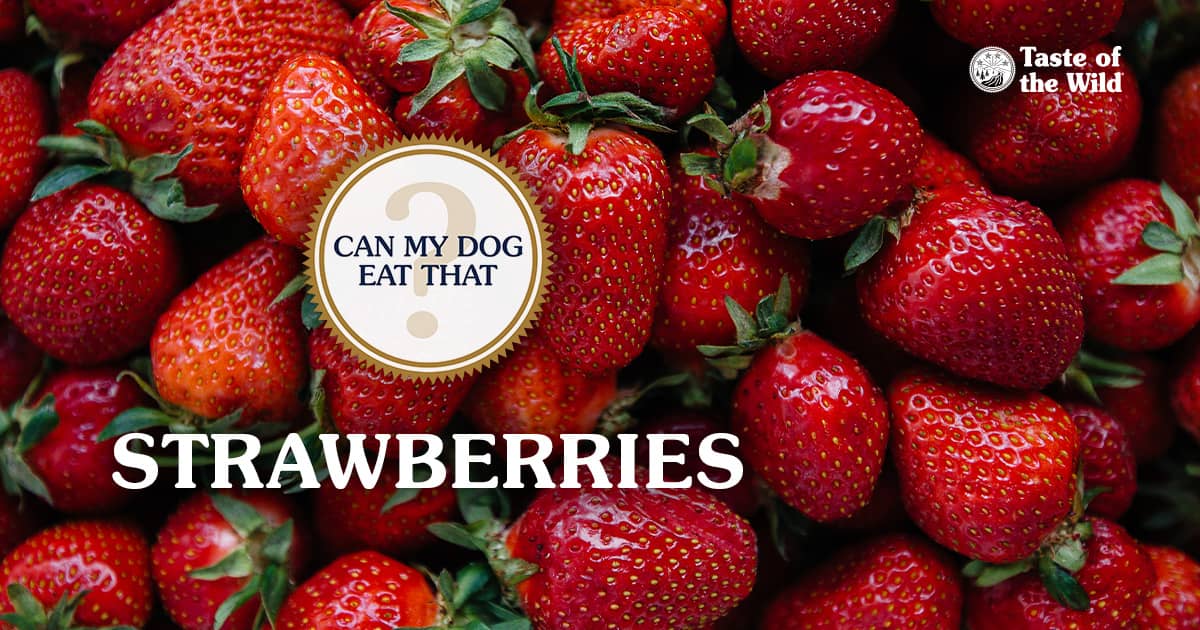Can My Dog Eat That? Stevia and Other Artificial Sweeteners
Category: Can My Dog Eat That

Welcome to “Can My Dog Eat That?,” our series that answers some obvious (and not-so-obvious) questions about what your dog can and can’t safely eat. You can view some of the previous foods we’ve looked at in our “Can my dog eat that?” guide. Today we answer the question “Can dogs eat stevia and other artificial sweeteners?” Read on!
Many grocery stores are full of products that are labeled “sugar-free” or “no added sugar.” These products often contain artificial sweeteners or sugar substitutes that give people the sweet taste they’re craving without the calories. While consumption of some artificial sweeteners generally won’t harm your dog if they steal a bite of your food, xylitol is an important exception — your dog should never have it. Let’s learn more about sugar substitutes and the effects they can have on your dog.
Can Dogs Have Stevia?
Stevia is produced from the leaves of the plant Stevia rebaudiana, which grows naturally in South America. Stevia is commonly used in diet drinks and as a sweetener. Small amounts shouldn’t cause issues for most dogs; however, large amounts can cause an upset gastrointestinal tract.
Can Dogs Have Sucralose?
Similar to other common artificial sweeteners, like aspartame and saccharin, sucralose is generally safe for dogs to eat. However, sucralose can cause diarrhea and other digestive tract symptoms if dogs eat too much.
Is Erythritol Bad for Dogs?
Often used in combination with stevia, this sugar alcohol is used in many low-calorie foods and drinks. Food containing erythritol is generally safe for dogs to eat. However, if they eat large quantities, erythritol can cause digestive system issues.
Why Is Xylitol and Dogs a Bad Combination?
The natural sweetener xylitol is extremely toxic to dogs; even a small amount is potentially fatal. It is a sugar substitute often used in sugar-free foods like chewing gum and candy as well as foods labeled with “no added sugar” (e.g., peanut butter). Non-food items like toothpaste and mouthwash can also contain xylitol. It’s important to note that xylitol is also known by other names: birch sugar, wood sugar and birch bark extract. Pet owners should use caution and always check the label for xylitol and its other names before giving their dog any human food — it’s not worth the risk.
If toxic amounts of xylitol are ingested, it causes large amounts of insulin to be released into the blood, which results in the dog’s blood sugar levels dropping to dangerous levels. Ingesting higher amounts of xylitol can also cause liver failure. Signs of xylitol toxicity due to low blood sugar (hypoglycemia) include no energy, weakness, difficulty walking, vomiting, confusion, shaking and seizures. Xylitol poisoning is a life-threatening veterinary emergency, so if you think your dog consumed something that contains xylitol, don’t wait for symptoms to appear. Immediately contact your veterinarian or an animal poison control center for advice.
Can Dogs Have Xanthan Gum?
Yes! Xanthan gum is safe for dogs to eat. It sometimes gets confused with xylitol, but they are two very different food additives. Xanthan gum is not an artificial sweetener; it’s a very common food additive used to stabilize, thicken and bind ingredients in foods like gravy, condiments, baked goods, gluten-free products and salad dressings. It’s also added to wet dog food to enhance the texture of the product.
Can Dogs Eat Sugar?
Sugar isn’t toxic to dogs, but it also shouldn’t be part of a dog’s diet, as it offers no health benefits for dogs. If dogs eat a large amount of sugar, it can upset their digestive system, causing vomiting, appetite loss and diarrhea. Too much natural sugar, like the sugar found in fruit, can also be unhealthy. So limit any type of treat or snacks to only 10 percent of your pet’s daily calorie intake.
Are Stevia and Other Artificial Sweeteners Safe for Dogs?
While some artificial sweeteners are generally safe for dogs to eat in small amounts — with the important exception of xylitol — food containing sugar and sugar substitutes should not be a main part of a dog’s diet. If you want to give your dog a human food treat, stick with a healthier alternative like blueberries or carrots.

The information in this blog has been developed with our veterinarian and is designed to help educate pet parents. If you have questions or concerns about your pet’s health or nutrition, please talk with your veterinarian.




